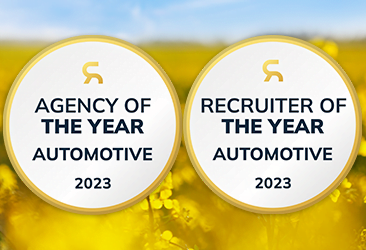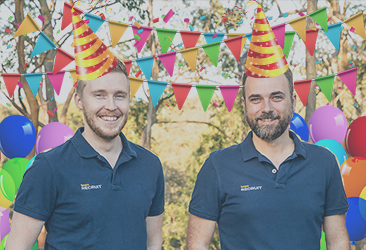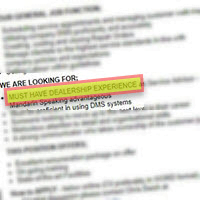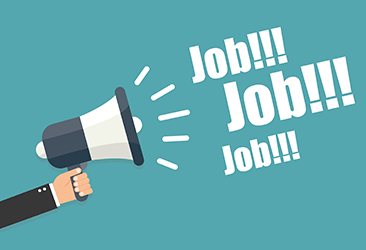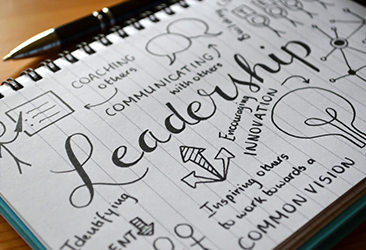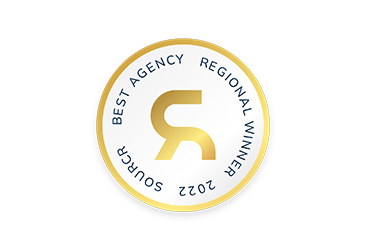Hiring in the agricultural, truck, and earthmoving machinery industry is more complex than ever. While interviews remain a crucial part of the process, relying solely on unstructured interviews can lead to flawed decisions. This article offers a modern approach to talent acquisition, advocating for a balanced strategy that combines structure with conversational elements to help dealerships attract and secure the best fit for their teams.

The limitations of unstructured interviews
Unstructured interviews, where questions vary between candidates, are prone to issues. They can be stressful, with 93% of candidates experiencing anxiety that masks their true potential. Communication style mismatches and a candidate’s lack of interview experience can further distort the assessment.
Crucially, research shows that unstructured interviews are poor predictors of job success, only marginally better than chance. They’re highly susceptible to unconscious biases like the “halo effect” (influenced by attractiveness) and “in-group bias” (favouring people similar to the interviewer). These interviews also offer a limited snapshot of behaviour, often failing to assess how a candidate performs in real-world scenarios. In addition, there is a risk that candidates could embellish answers regarding their experience.
A smarter approach: a blend of tools
To improve hiring outcomes, dealerships should use a wider range of assessment methods in conjunction with refined interview techniques:
- Skills-based tests: Directly evaluate job-relevant abilities. Examples include technical tests (diagnosing faults), cognitive tests (problem-solving), and job simulations (handling customer complaints). These tests enhance objectivity and broaden the talent pool.
- Work samples: Ask candidates to perform real job tasks, such as creating a service plan or a sales presentation, which will provide a realistic demonstration of their skills and work style.
- Take-home assignments: Assign real-world projects like analysing sales data or troubleshooting a simulated problem. This assesses skills in depth and reveals time management abilities. (Before choosing this, consider if this would be too time-consuming for candidates and any possible ethical complications regarding this being unpaid work.)
- Other methods: Consider assessment centres, simulations, cognitive ability tests, situational judgment tests, and personality tests. Innovative options include game-based assessments and asynchronous video interviews.
Refining the interview process: structure meets conversation
Interviews remain valuable for assessing cultural fit and communication skills, but they need refinement:
- Additional interviews: Can offer a deeper evaluation and allow you to assess cultural fit. Use different interviewers or a panel format to reduce bias and broaden perspectives. Combine structured and conversational elements in these interviews and consider what type of interview suits the role.
- Structured interviews: Use pre-defined, job-related questions and standardised scoring to improve objectivity and fairness. However, allow for some flexibility to build rapport and explore relevant topics that emerge organically. For more on this, check out our recent article about interview styles.
- Structured elements: Ensure all candidates are asked core questions about their skills and experience. Use scoring rubrics to evaluate answers.
- Conversational elements: Encourage open-ended discussions to assess personality, communication style, and cultural fit.
The holistic approach
Consider the whole candidate:
- Resume and cover letter: These documents provide a valuable overview of skills and experience, and how they have tailored their application will give you an idea of how interested they are in the position.
- References: Check references to gain insights into past performance and work ethic. Ask for specific contacts or referees to ensure references haven’t been cherry picked.
- Holistic assessment: Evaluate technical skills, soft skills, cultural fit, and growth potential.
The importance of feedback
Provide timely, specific, and constructive feedback to all candidates, even those who are unsuccessful. This demonstrates respect and strengthens your employer brand as a company who values the time of their potential employees.
The future of dealership hiring
Heavy equipment dealerships can significantly improve their hiring success by moving beyond a sole reliance on unstructured interviews and embracing a balanced approach as shown in the suggestions above. A modern strategy that incorporates diverse assessment methods and refines the interview process, combining structure with conversation, will lead to better hiring decisions, stronger teams, and a more successful future for your dealership.
Teamrecruit is Australia’s most established recruitment agency specialising in truck, earthmoving and agricultural machinery dealerships in Australia, New Zealand, the South Pacific and Southeast Asia. Find out more about Teamrecruit and how we support employers and candidates in the dealership industry.








